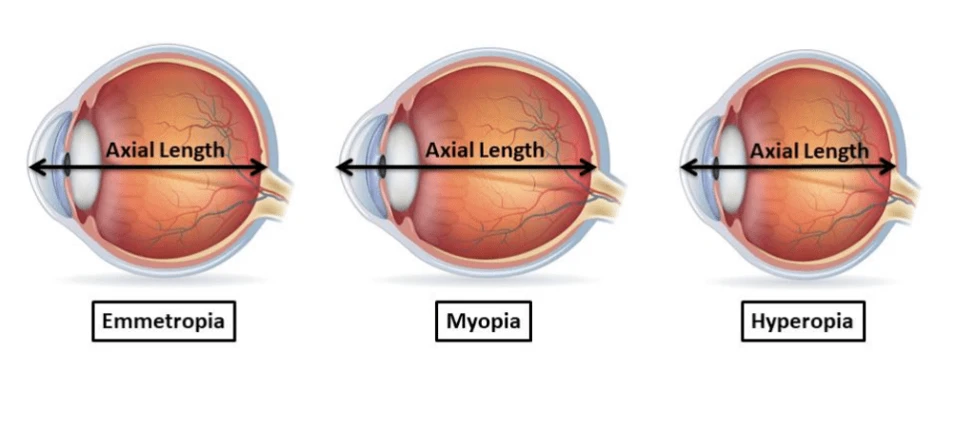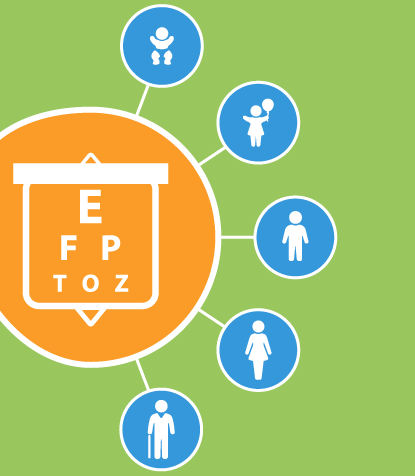
Get ready for the highly anticipated 2024 solar eclipse gracing the skies on Monday, April 8, 2024! As viewing times vary from noon to around 4pm depending on your location, it's important to take necessary precautions to protect your eyes from the potential harm of sunlight during this celestial event.
Symptoms of solar retinopathy, such as a blind spot in the central vision, visual distortions, and altered color vision, may cause concern. While milder cases can improve over time, it's important to understand that more severe instances, despite treatment efforts, could potentially result in permanent damage. This underscores the need to take necessary precautions during solar events like an eclipse, ensuring that you and your loved ones can safely enjoy the celestial spectacle without risking long-term harm to your vision.
Exposure to sunlight can result in corneal damage, known as solar keratosis, causing blurred vision, discomfort, and sensitivity to light. The cornea, while resilient and capable of self-healing, may require several days for full recovery, potentially leading to temporary vision impairment and the need for time off from work or school.
In contrast, retinal damage, also known as solar retinopathy, affects the delicate inner eye structures responsible for visual perception. Despite the absence of immediate pain, this form of eye damage can have more serious consequences than corneal damage, potentially leading to permanent vision loss if not properly addressed.
While mild cases of these symptoms may improve with time, it is crucial to recognize that more severe instances, even with medical intervention, could result in irreversible harm to your vision. Therefore, it is essential to prioritize eye safety during solar events like eclipses by using proper protective eyewear and observing the phenomenon with caution to safeguard your eyes and preserve your long-term visual health.
One of the best ways to protect your eyes during a solar eclipse is by using certified solar viewing glasses. These specialized glasses are designed to filter out harmful ultraviolet and infrared rays, allowing you to safely observe the eclipse without risking any damage to your eyes. It is important to make sure that the glasses you use are compliant with the ISO 12312-2 safety standard to ensure adequate protection.
Additionally, you can also create a pinhole projector to indirectly view the eclipse. This simple DIY project involves creating a small hole in a piece of cardboard and projecting the image of the sun onto a second surface, such as a piece of paper. This method allows you to experience the eclipse safely without looking directly at the sun.
Remember, never attempt to view a solar eclipse with the naked eye or through regular sunglasses, as they do not provide sufficient protection against the sun's harmful rays. By taking these precautions and using the appropriate eye protection, you can enjoy the beauty of a solar eclipse while safeguarding your vision for years to come.

Myopia - The Great Debate!
Myopia, commonly known as nearsightedness, is a refractive error that causes distant objects to appear blurry. It is a condition that affects...

Give Your Eyes A Break!
BEEP BEEP BEEP BEEP BEEP *Flail* BLINK BLINK BLINK Your first conscious action of the day: awkwardly flounder for your smartphone to stop the...
 The Rochester Eye & Laser Team
The Rochester Eye & Laser Team


